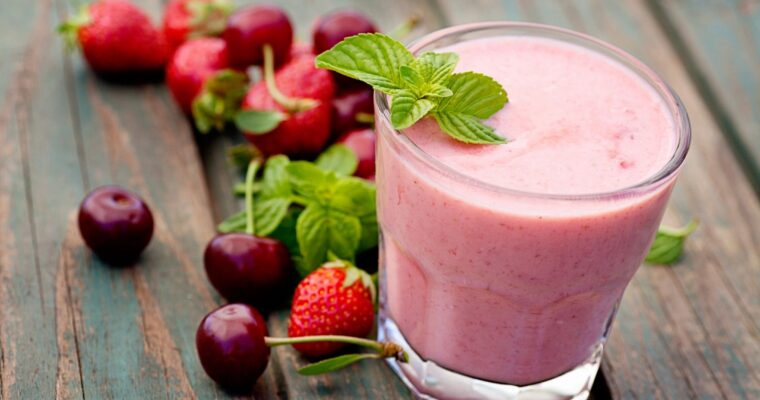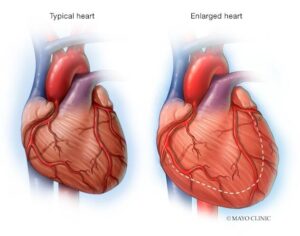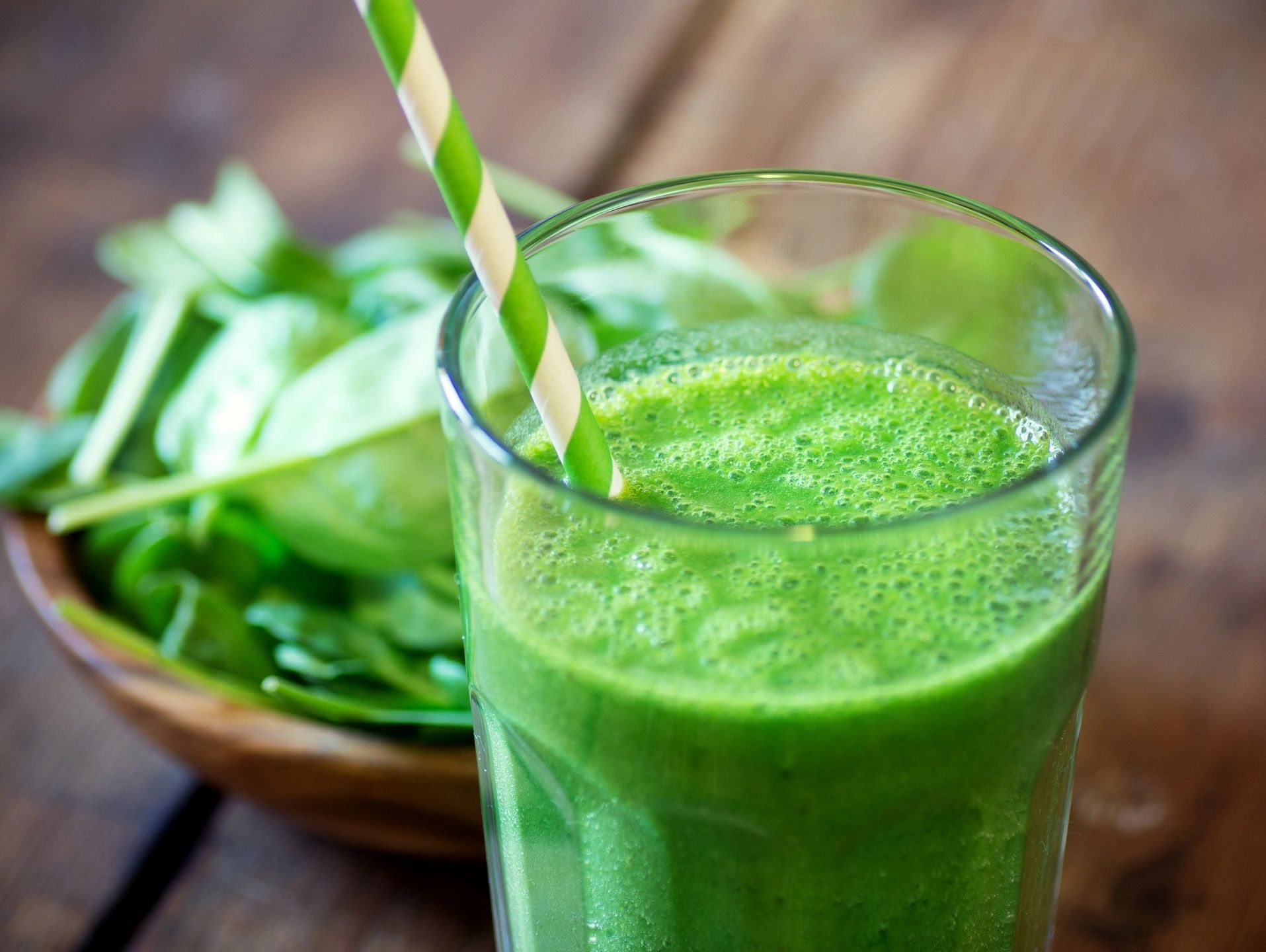Greens Hx….for our heart?
Dr. Claire Arcidiacono, ND
Greens Hx is probably one of the most popular products at Invite! Everyone knows how amazing Greens Hx is for our liver, immune system, detox and even energy! What most people may not know is that Greens Hx is full of heart healthy nutrients. And when I say full I don’t mean just 1 or 2 of the ingredients. There are literally 12 different components of Greens Hx that are good for our heart health. So let’s take a look at these ingredients!
Let’s start with ginger. Studies have found that ginger has several benefits to our heart health. Ginger has been found to help with lowering high blood pressure, high cholesterol and it can even help to lower the risk of blood clots. (1) Ginger has also been found to have triglyceride lowering benefits. (2) Additionally studies have found that ginger can help to increase our HDL levels. (3) Overall Ginger is an amazing supplement for our heart!
Moving on from ginger let’s talking about grape seed. The first benefit of grape seed is its effects on blood pressure. Studies have found that grape seed can “significantly modulate blood pressure after grape seed extract is used for 16 weeks”. (4) This is important considering that high blood pressure is a risk factor for so many heart complications. In fact 1 study found that grape seed extract lowered systolic blood pressure by 5.6% and diastolic by 4.7% after only 6 weeks of use. (5) Studies have also found that grape seed can help to improve circulation. In one study after 8 weeks grape seed was found to help with blood thinning thus potentially decrease risk of blood clots. (6) Studies have also found that grape seed extract can help lower leg swelling and edema that occurs after sitting for 6 hours. (7) This is important for those with poor circulation where the pain is often worse with sitting or standing. Studies have also found that grape seed extract may be helpful with lowering the risk of atherosclerosis. (8) As you can see grape seed extract is a powerful nutrient when it comes to heart health.
The next item in Greens Hx is Flax seed. According to the Mayo Clinic studies have found that using flaxseed daily can help to lower the total cholesterol. Additionally according to the Mayo Clinic other studies have found that flax seed can help lower blood pressure. (9) Studies have found that ALA, a component of flax seed is associated with a decreased risk of recurrent heart attacks. Atherosclerosis was found to be significantly reduced by using flax seed. As I stated previously studies have found that high cholesterol is also passively affected by flax seed. (10) Flax seed has also been found to help reduce the incidence of arrhythmias. Lastly flaxseed is considered to be an alternative plant source of omega 3s. (11)
Our next item is one of my favorites! BEETS! In fact beets is such an amazing supplement for heart health that I wrote an entire blog on just Beets Hx! Now because I did a very complete blog on using beets for heart health I will just do a quick summary here. A number of studies have found that beets, a natural nitric oxide booster are helpful for reducing both systolic and diastolic blood pressure. Beetroot has also been found to help with what is known as reperfusion injury. There has also been found to be decreased arterial stiffness after using beetroot. Beetroot has also been found to help relax smooth muscles just like the ones in the blood vessels. Remember the more relaxed the muscles the larger the opening in the vessel and thus the lower the pressure! (12) The Cleveland Clinic has found numerous benefits for beets. In fact the Cleveland Clinic has found that beets can help increase heart performance after exercise. They have also found that beets help with our blood pressure. (13) But as I said I have a whole exciting blog on just beets. So for more details on beets check out my blog!
Turmeric, or curcumin is one item that might surprise you. Curcumin has been found to help with vascular dysfunction. Curcumin has also been found to improve vasodilation (or how big the opening in the blood vessels is). Curcumin can also help with arterial stiffness which as we know in the long run can help with blood pressure. Lastly studies have found that turmeric can help as a treatment for age related cardiovascular disease. (14)
There are quite a few more items in Greens Hx that can help our heart. So this blog will be split into 2 parts. This way every component can have an in-depth description of how it helps the heart. In our next blog Greens Hx part 2 we will review the following ingredients in Greens Hx: Citrus bioflavonoids, Blueberry, Parsley, Alfalfa, Bilberry, Rosemary and Stevia!
Sources:
- https://pubmed.ncbi.nlm.nih.gov/33297926/
- https://www.ncbi.nlm.nih.gov/pmc/articles/PMC7019938/
- https://www.sciencedirect.com/science/article/abs/pii/S1756464616304121
- https://www.ncbi.nlm.nih.gov/pmc/articles/PMC7922661/
- https://pubmed.ncbi.nlm.nih.gov/26568249/
- https://pubmed.ncbi.nlm.nih.gov/17950783/
- https://pubmed.ncbi.nlm.nih.gov/22752876/
- https://pubmed.ncbi.nlm.nih.gov/17616006/
- https://www.mayoclinic.org/drugs-supplements-flaxseed-and-flaxseed-oil/art-20366457
- https://www.ncbi.nlm.nih.gov/pmc/articles/PMC2989356/
- https://journals.physiology.org/doi/full/10.1152/ajpheart.00400.2017
- https://www.ncbi.nlm.nih.gov/pmc/articles/PMC7600128/
- https://health.clevelandclinic.org/the-health-benefits-of-beets
- https://www.ncbi.nlm.nih.gov/pmc/articles/PMC8833931/









